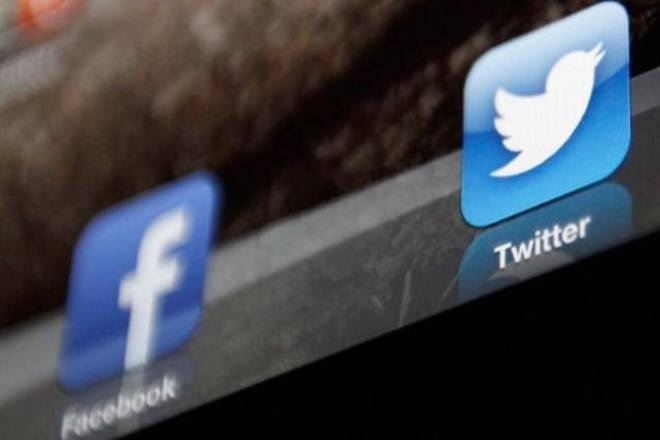As most of us spend a considerable amount of time on various digital platforms — Facebook, Twitter, Google+, Instagram, WhatsApp and the like — a pertinent question now arises: What happens to our digital possessions once we die?
All those unforgettable personal photos, family videos and friendly posts acquired over a period of time will either be deleted or kept “frozen” unless we have a digital heir who can preserve those precious moments and gift those to future generations in an external hard disk or pen drive. While several social media platforms, including search engine Google, allow us to safeguard digital memories in some form or the other, there is no such thing as transferring such assets to someone when it comes to cyber law, including in India.
According to legal experts, when someone dies leaving behind his email and social media accounts, these become movable property and any heir of the deceased can seek the right to access them.
Indian cyber law has not even touched upon — let alone dwelt on the nuances of — the issue of one’s post-death digital life. Digital data comes within the ambit of movable property and hence the appropriate succession certificate needs to be applied for in the Indian context.
The social media giants, however, have formulated their own solutions to the problem.
Facebook will “memorialise” your account and allow you to choose a “legacy contact”. No one can log into a “memorialised” account. The “legacy contact” can “manage” your account by adding a pinned post (like a funeral announcement), respond to new friend requests and change the profile picture and cover photo — but nothing beyond that.
Google, which owns Gmail, YouTube and Picasa web albums, has an “Inactive Account Manager” feature which allows a user to nominate who has access to his or her information. If people don’t log on after a while, their accounts can be deleted or shared with a designated person.
According to Twitter, “In the event of the death of a Twitter user, we can work with a person authorised to act on behalf of the estate or with a verified immediate family member of the deceased to have an account deactivated.” The micro-blogging site, however, added: “We are unable to provide account access to anyone regardless of his or her relationship to the deceased.”
From the security point of view, one has to safeguard digital impressions in case of death so that they are not used for anti-social purposes.
According to statistician Hachem Sadikki from the University of Massachusetts, Facebook will become the world’s biggest virtual graveyard by the end of this century as there will be more profiles of dead people than of living users. “Facebook, which currently has 1.71 billion users worldwide, will turn into the world’s biggest virtual graveyard by 2098,” Sadikki claimed.
In such a scenario, preparing a digital will where you appoint a legal heir to take over your digital life is the need of the hour.

